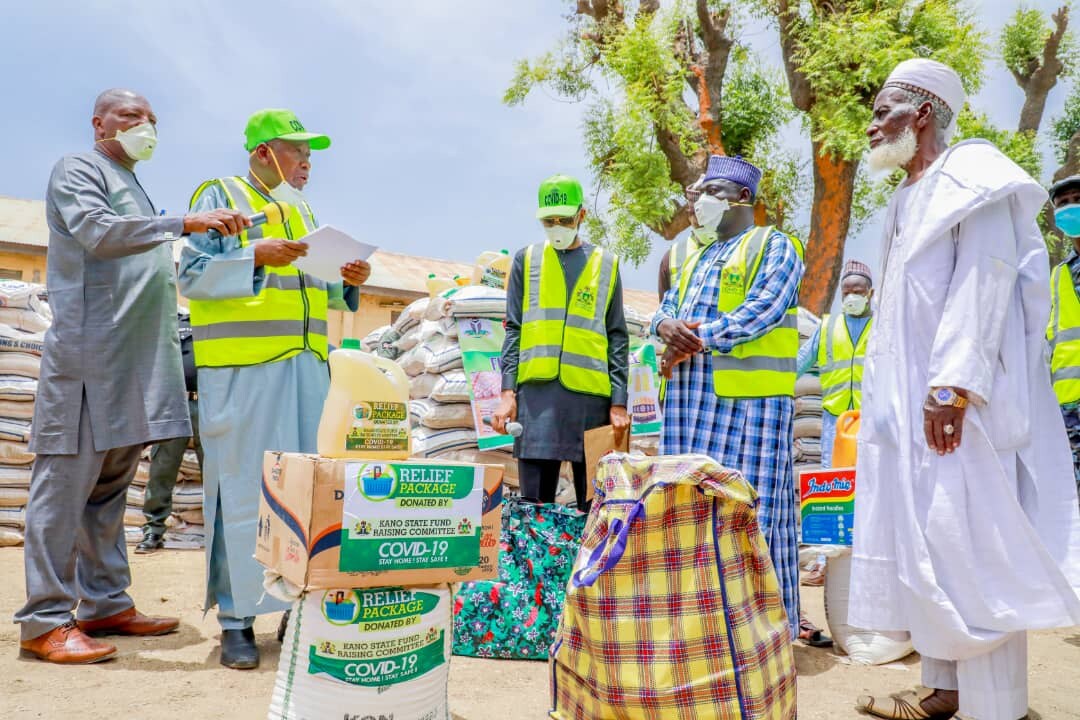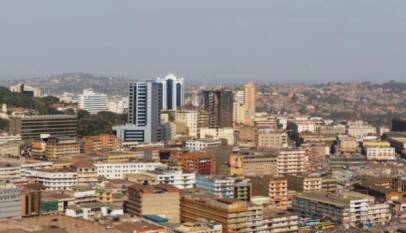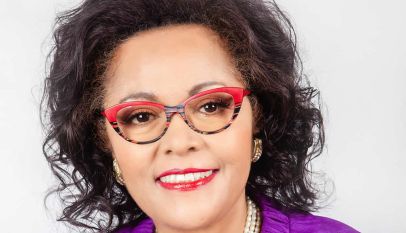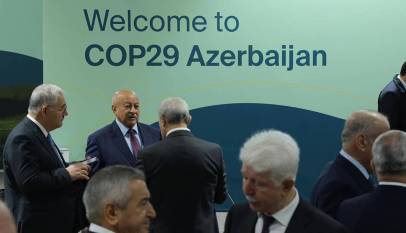CHRICED’s appraisal of Kano COVID-19 palliatives distribution reveals widespread acts of diversion
The Resource Centre for Human Rights and Civic Education (CHRICED’s) assessment of the COVID-19 palliatives distribution regime in Kano state reveals a wide-range of irregularities

No doubt, the COVID-19 pandemic has wreaked serious havoc on lives and livelihood of people all over the world. However, the impact of the pandemic on poor and vulnerable people in African countries like Nigeria, where there are no social safety nets, is even more devastating. Imagine the implication of the coronavirus pandemic on individuals and families for whom, even before the outbreak of the pandemic, access to three square meals a day was a herculean task.
For such classes of people, who constitute the majority of the populace of Kano state, the pandemic and its resultant lockdown of the state had but added salt to an already painful injury. Among the categories of people currently eking out a precarious existence are thousands of widows whose husbands had passed away living them with the sole responsibility of catering for the needs of their many children. Others are people living with various forms of disabilities who had always relied on the goodwill and support of the able-bodied for their sustenance.
As a result of the COVID-19 pandemic, even those able bodied men and women are themselves scraping by, managing to survive the economic hardship imposed by the outbreak of the virus. This explains the imperative nature of the palliative measures introduced by the Kano state government, targeting the poorest of the poor in society; however, corruption and lack of transparency and accountability in the management of the palliatives threatens the effectiveness of this otherwise laudable scheme, notwithstanding the limited nature of its reach proportionate to Kano’s humongous population.
The Kano COVID-19 palliatives regime
Consequently, the Kano state government had on April 23rd launched the first phase of the distribution of food items to 50,000 poorest of the poor households across the state’s forty-four Local Government Areas (LGAs) – to cushion the effect of COVID-19 lockdown measures on its poorest citizens. The distribution was meant to be the first of six planned palliatives distribution exercises meant for the indigent residents of the state.
According to findings by CHRICED, the Kano COVID-19 Palliatives Fundraising Committee had planned to deliver to four households in each of Kano’s 11, 000 polling units spread across 484 political wards, a bag of rice, a carton of spaghetti, macaroni, dawavita, four litres of oil, semovita, pasta, indomie and cash gift of N2,000. Overall, the goal was to distribute the palliatives in 6 batches (50,000 households per batch) targeting four different poorest of the poor households in each of Kano’s over 11, 000 polling units (PUs), in each phase.
To ensure transparency in the distribution, the palliatives fundraising committee had asked the Hakimai (District Heads) and Dagatai (Village Heads) to chair the palliatives distribution committees in their domains as well as selecting the beneficiaries, since as community leaders, they are in the most appropriate position to know who fits the description ‘poorest of the poor’ in their communities. To further guarantee transparency and accountability, the committees were to have as members, imams, vigilante personnel, hisbah officials as well as representatives of Community-Based Organisations (CBOs).

Distribution shrouded in acts of nepotism, diversion
According to CHRICED, although the fundraising committee said the sum of 15 million naira was dedicated as cost of transport and logistics for distributing the first batch of the palliatives, their findings revealed the beneficiaries were surcharged the sum of 200 naira each, as “cost of transport” by those in charge of the distribution at ward levels.
“This is even as the state fundraising committee said it had spent the sum of 15 million naira as cost of transport during the first batch of the distribution exercise. Despite being paid for the cost of transporting the materials, the greed and avarice of those in charge of the administration of the palliatives meant they still pilfered with the little 2000 naira cash payment meant for the hapless beneficiaries,” according to the assessment report.
“Our interviews with selected village heads (Dagatai) revealed they were not paid the cost of the transportation of the palliative foodstuffs from the LGA headquarters to their respective communities. The community leaders claimed they had to pay for the cost of the transportation themselves. Even though the guidelines for the distribution of the palliatives says committee members are eligible for the palliatives, the village heads claimed they did not benefit from the palliatives.”
CHRICED said its findings revealed several cases of diversions of palliatives across the various LGAs of Kano state. “For instance, during the distribution of the first and second batches of palliatives in Dorayi ward of the same Gwale LGA, members of the ward-level palliatives distribution committee did diverted so many forms meant for the needy to party officials, security agents and religious leaders.”
Lack of equity, inclusivity in distribution
CHRICED described as inappropriate, the fact that the distribution of the COVID-19 palliative materials to the poorest of the poor in Kano did not have a special plan to cater for the needs of People With Disabilities (PWDs), Women, Orphans and Vulnerable Children (OVCs), such as the Almajiri children, considering their peculiar vulnerabilities even prior to the COVID-19 pandemic.
“In fact, they are not even represented in the state-level fundraising committee as well as the LGA and ward level palliatives distribution committees. This is even as the humanitarian affairs minister had implored the state government to ensure that the poor and vulnerable, including the elderly and persons living with disabilities, were prioritised in the distribution of the relief materials donated to Kano state by the federal government,” said the assessment report.
Therefore, CHRICED said what the government ought to have done was provide a special plan for widowed women and PWDs, independent of the larger palliatives distribution plan, or at least, ensure the inclusion of their representatives in the state-level fundraising committees as well as the respective LGA and ward level distribution committees.
“That is the only way the government could have guaranteed them the opportunity to benefit from their deserved share of the palliatives. Failure to do so means many of them cannot access this vital support during the current COVID-19 pandemic. The obvious lack of inclusion of these categories of people amounts to their not only being marginalized but also being discriminated at, which is against the Nigerian constitution,” the assessment report said.
CHRICED’s recommendations
The CHRICED report said considering the very limited quantity of the COVID-19 palliative materials, in relation to the huge population of Kano state, for the palliatives to have a substantial impact, the system of distribution need a total overhaul including the involvement of particularly CSOs, community-based organisations (CBOs), the media as well as representatives of vulnerable groups like PWDs and OVCs.
Subsequently, the assessment report had recommended for the involvement of the media in monitoring the exercise, on one hand, and on another hand, the representatives of CSOs and CBOs in the state-level fundraising committee as well as the distribution committees at LGA and ward levels.
“There is need to include representatives of PWDs, Women, Orphans and Vulnerable Children (OVCs) in the state-level fundraising committee as well as the respective LGA and ward level palliatives distribution committees, so as to avoid disenfranchising or discriminating against them. Their inclusion also means they will serve as the voices of their constituencies in the committees,” said the report.
“In the interest of transparency and accountability, the fundraising committee should be regularly availing the general public with updates on funds received and their sources; expenditures, as well as details of its procurement processes i.e who supplied what? At what cost? And how much the palliatives cost per package/beneficiary? The fundraising committee should also publicize via traditional and new media platforms, the eligibility criteria for benefiting from the palliatives,” recommended CHRICED.
The current COVID-19 palliative distribution regime in Kano targeting the poorest of the poor leaves much to be desired in terms of its transparency and accountability, and most importantly, its ability to achieve the goals for which it was conceived in the first place: cushioning the negative effect of the pandemic on indigent residents. Consequently, foodstuffs meant for the most vulnerable in society have ended up being diverted by those entrusted with the responsibility of managing it. This calls for a reform of the COVID-19 palliatives regime in the state.













